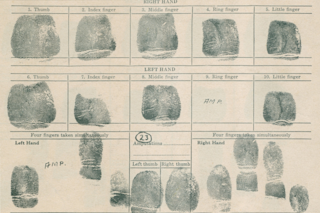We were initially surprised that our co-authored book, Unscientific America, was so strongly attacked for observing that scientists should strive to improve their skills at public communication--and that this probably includes not alienating potential religious allies or mainstream America. But in a sense, the attacks made a kind of sense. Mostly, they came from those for whom this advice ran contrary to their particular project of denouncing much of America and the world for alleged ignorance and superstition--the New Atheists. However, with a recent review in The New Atlantis, it appears that we also touched a nerve on the political right. As this is a more interesting phenomenon, I want to explore it in this post. First, The New Atlantis introduces me as the author of The Republican War on Science, a book whose argument runs directly contrary to the publication's own project of articulating and defending conservative approaches to ...
The Right Slams Unscientific America
Explore the science communication gap and how scientists can enhance public engagement without alienating audiences.
More on Discover
Stay Curious
SubscribeTo The Magazine
Save up to 40% off the cover price when you subscribe to Discover magazine.
Subscribe












